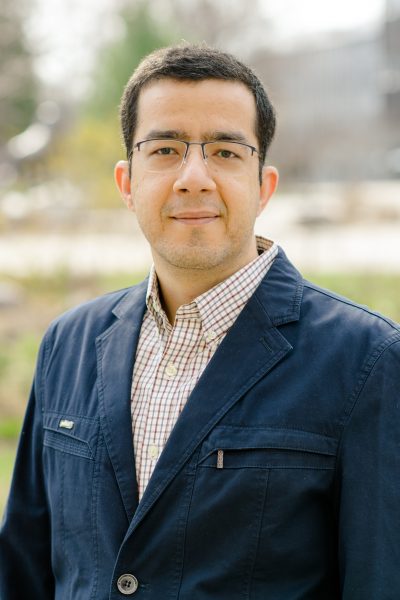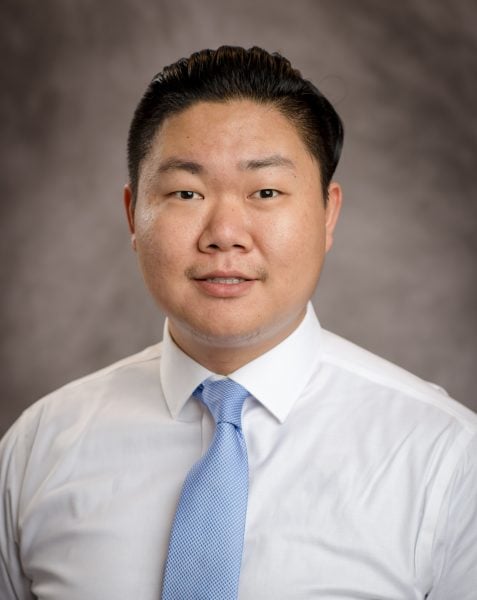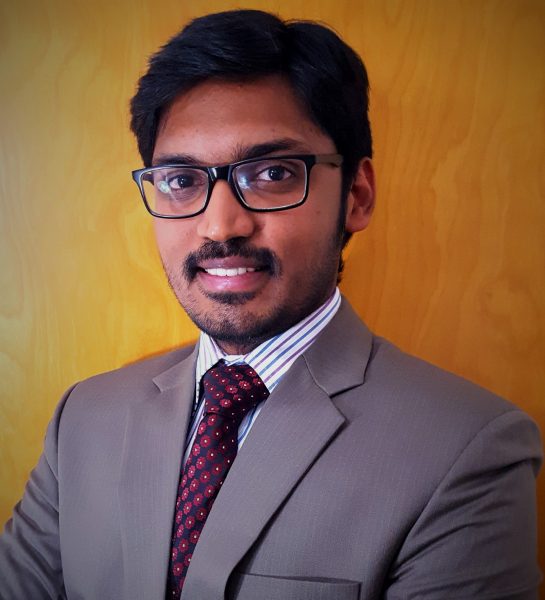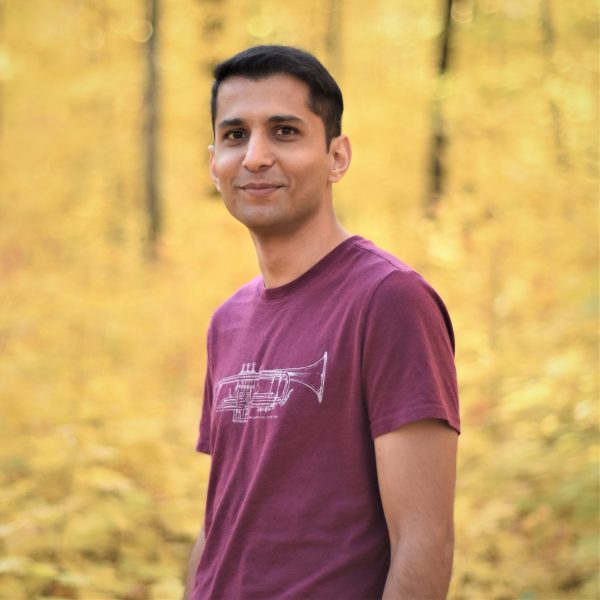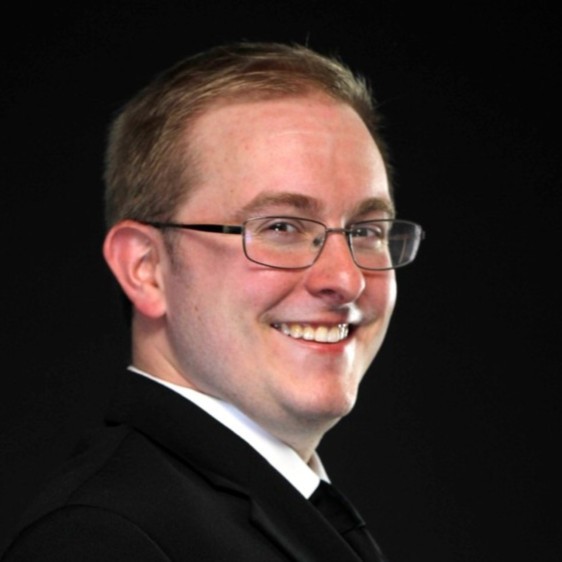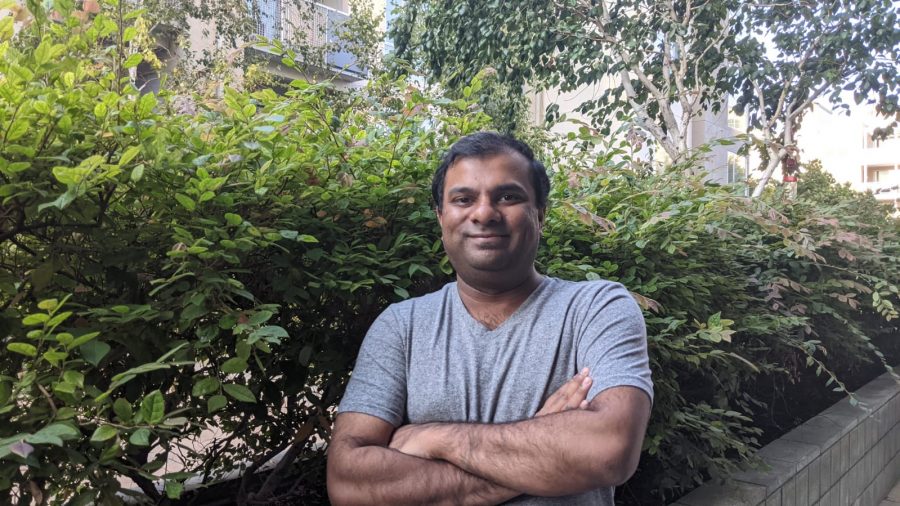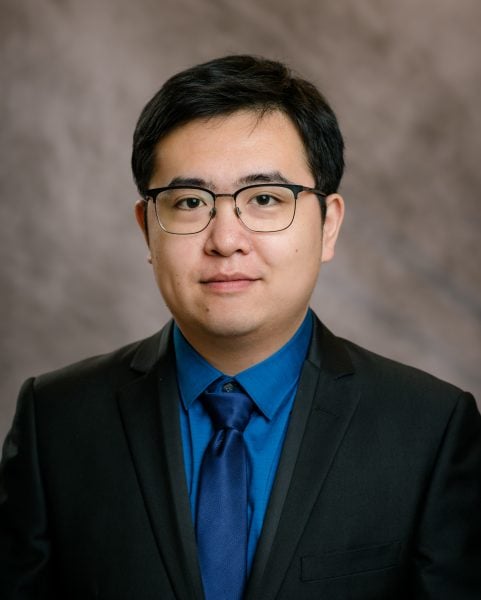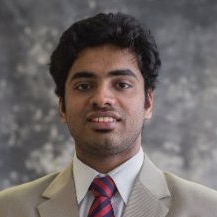I began my journey at Michigan Tech as an incoming PhD’s student in fall 2017 in the Department of Materials Science and Engineering. During my studies, I have completed a couple of research projects in which the mechanical properties of zinc (Zn) based alloys, as a new class of biodegradable metallic implants (BMIs), have been tailored.
Ideally, BMIs will be designed to be absorbed and metabolized by the body after successfully completing their tasks as structural supports. The structural demands for BMIs necessitate a careful balance of the alloy chemistry and material processing. My PhD research involves the development of alloying and processing strategies to address deficiencies in the mechanical behavior of Zn-based alloys. My project serves to establish workable balances among the mechanical characteristics without compromising the required underlying alloy’s biocompatibility and corrosion rate.
I would like to sincerely thank the Graduate Dean Awards Advisory Panel and the Graduate School for providing me with the Finishing Fellowship Award. This will allow me to focus my efforts on defending my dissertation in fall 2021. I am particularly thankful to my advisors, Dr. Kampe and Dr. Drelich, whose mentorship and encouragement has been invaluable
